Common Ground
We find ourselves in an unprecedented quandary. As members of a wealthy country in a global economy, our impact upon the earth is likely to be considerable, yet as individuals we are significantly limited in knowing with any certainty what exactly that impact is. Conflicting opinions and a relative dearth of information on the subject (relative, that is, to the gravity of our situation and relative to the information on myriad other, less important topics) have left most of our fellow citizens in an inert state of ignorance. And so we proceed with our lives and participate in our consumer society much like sleep walkers, unaware of the precipice we are fast approaching. We live in a dream state, in a fairy tale land. As Americans, most of us live well enough to leave well enough alone. And on some level this might be a defensible attitude, if it weren't predicated on such a distortion of the facts. Our dream could soon turn into the nightmare that much of the world is already living. As we shall see in the following posts, the data suggest that we are facing a bleak future and that the world for which we are educating and otherwise preparing our children is unlikely to exist for them.
So, how do we wake up? How do we find the pertinent facts and how can we make sense of them? The answer is actually quite simple. We must rely on the reports of those who have observed and experienced what we have not. Without giving it much thought, we do this as a matter of course. I have never been to Greenland, yet I accept its existence. It is logically placed on the maps and globes of the earth; I have seen photographs of it and have read accounts of it; I have met people who report having been there. Similarly, I have come to accept many things into my world view that I have never personally observed, including nuclear weapons, asteroids and viruses.
We place ourselves in a situation similar to the common sense point of view described by the philosopher Bertrand Russell. He found that there was little in the world that was truly provable. However, there is a consensus of common sense opinion agreeing to the existence of most things that we take for granted—such as that you exist, as do the people around you, the trees, buildings, etc, and that these things don't disappear when you are not there. So, if you are not in the forest, the tree does fall, sending out compression waves through the air. Any sentient being in the area with the proper mechanical and neural equipment will interpret those waves as sound. If the squirrel could talk, it could tell you about the falling tree. We therefore agree, implicitly at least, that to know much of anything about the world outside of our immediate experience we must turn to outside sources (squirrels included). The most informed sources will be those whom we call the authorities in their field—those who actually did the observing, measuring contemplating, and calculating.
Because of lack of time and expertise, we can't double-check the data gathered by the various authorities. However, we can assemble the facts upon which most all experts studying the various related topics agree. It's a variant of Bertrand Russell's common sense hypothesis. All the various systems of belief—the environmentalists, economists, Marxists, Christians, Moslems, etc.—make use of much of the same data. The world population, the gross domestic product of nations, the number of starving people, the number of obese people, the amount of land farmed, all these and more are items that by consensus we can agree as fact. What often differs is what they do with the data—the statistics they employ and the interpretations they make.
